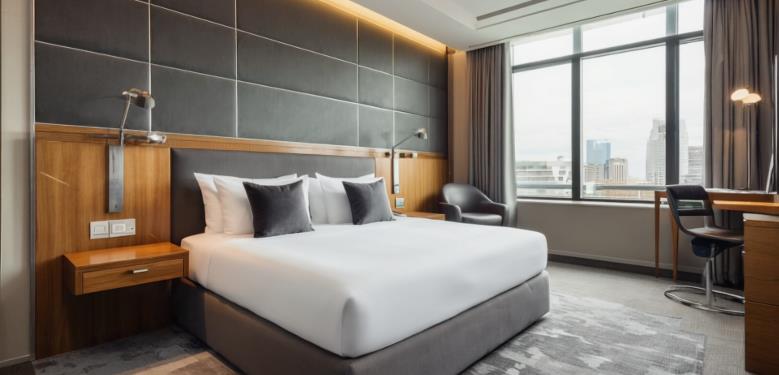
Recently, a new regulation in Beijing’s Dongcheng District has drawn significant attention within the hotel industry — the Interim Measures for the Administration of the Hotel Industry in Dongcheng District (hereinafter referred to as the “Measures”).
Industry discussions have largely focused on Article 12 of the Measures:
*The establishment or relocation of new lodging businesses in the district is prohibited (except for boutique hotels, themed hotels, and those meeting three-star or above standards).
For many investors, this effectively closes the door on most existing chain hotel brands.
Objectively, Dongcheng District’s tighter entry policy aims to raise the overall quality of hotel supply — and the message is clear.
However, for some industry insiders, the new rule also reflects a deeper supply-demand imbalance in the market — one that now calls for the “invisible hand” of regulation.
According to the Beijing Municipal Bureau of Statistics, in the first half of this year, the city had 1,613 large-scale accommodation businesses. Their operating revenue fell 7.3% year-on-year, while total profits plunged by 92.9% to RMB 59.8 million (about USD 8.4 million).
By setting the entry bar at boutique, themed, and three-star-or-above hotels, the district signals its preference for culturally distinctive accommodation — not just basic places to stay.
Beyond the hotel sector, this move aligns with a broader national trend of “anti-involution” — a pushback against price wars and reckless expansion.
Some industry professionals admit that the “ban on new lodging businesses” can, in effect, be seen as a signal of the hotel industry’s own version of anti-involution.
According to the China Hotel Association, the total number of hotels nationwide reached 348,700 in 2024, surpassing the previous record set in 2018.

